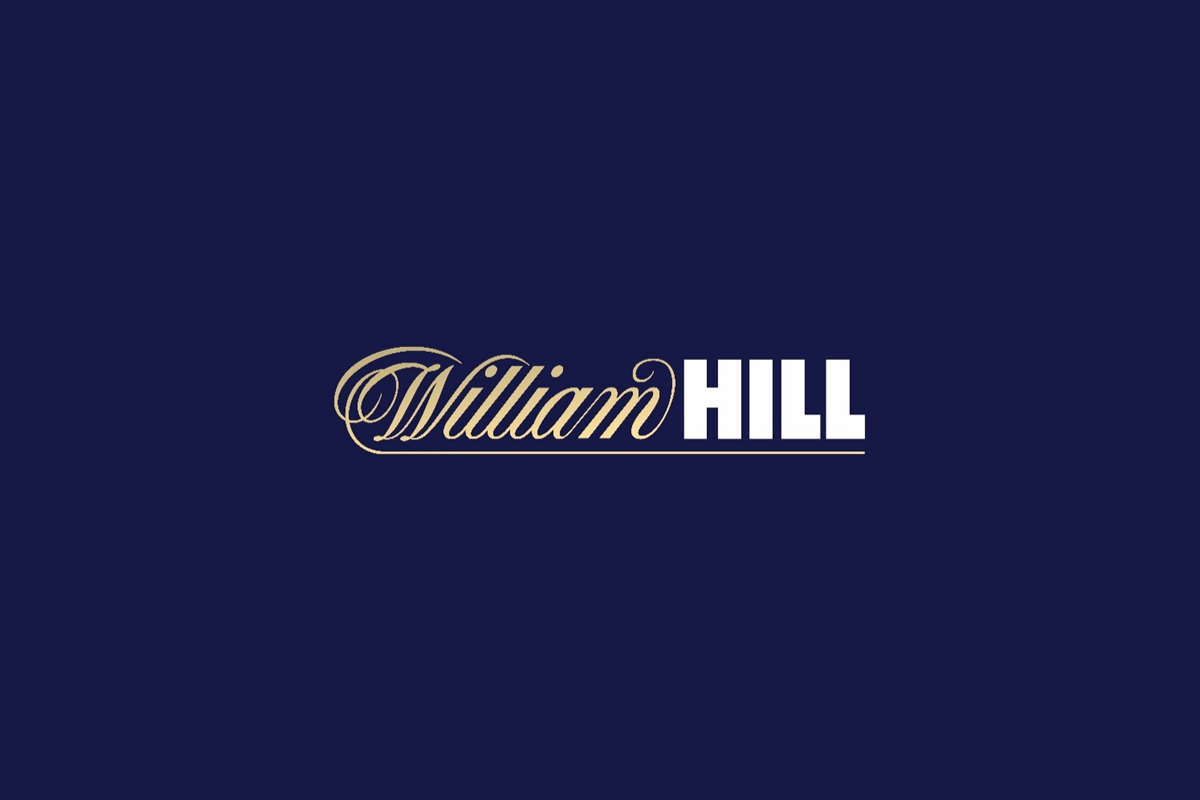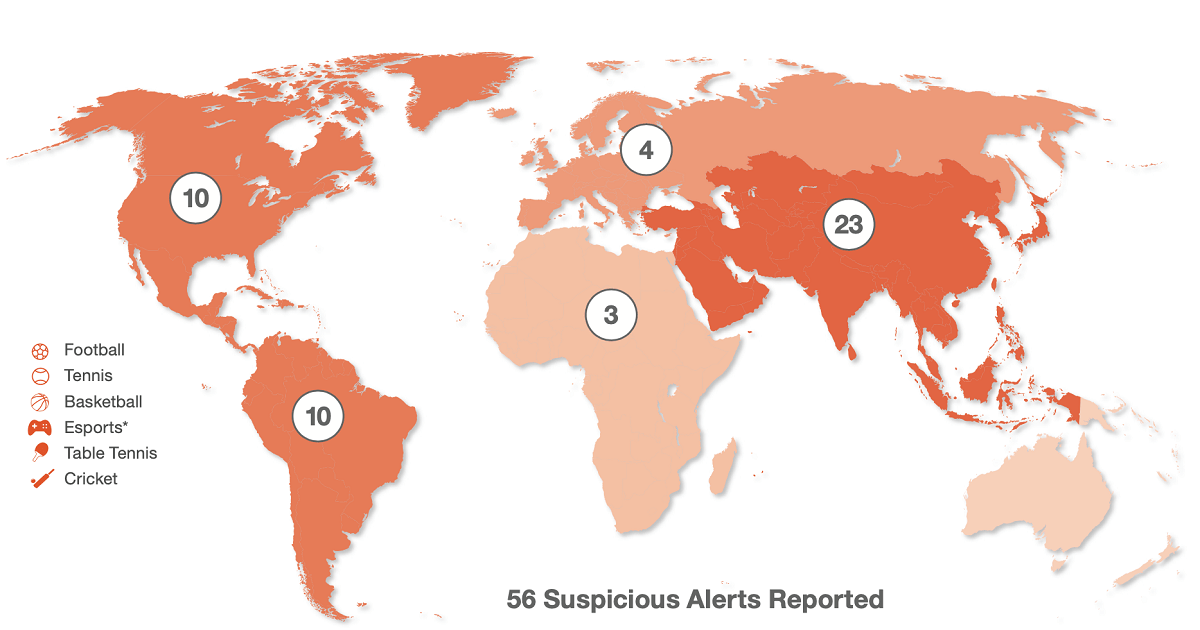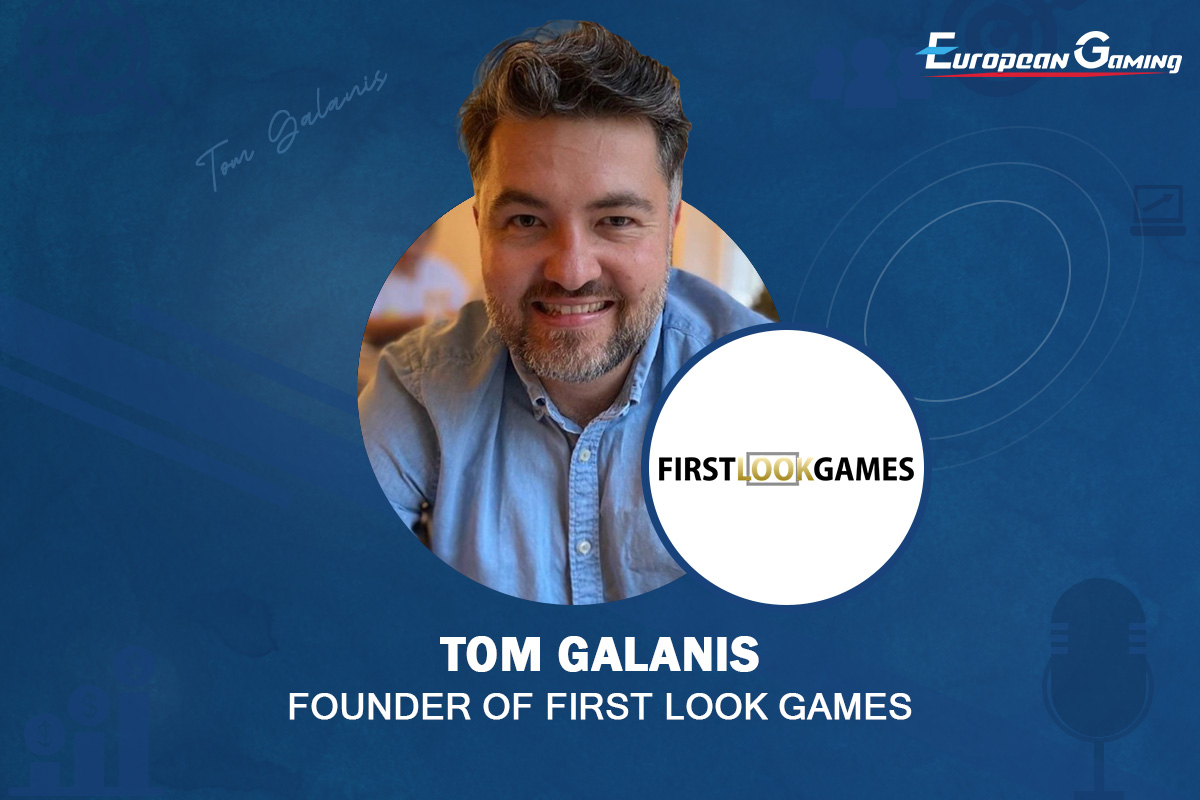European Gaming News
Exclusive Interview with Piotr Dynowski (Partner and Head of IP, Media, Tech & Comms practice at Bird & Bird’s Warsaw Office)
 Reading Time: 4 minutes
Reading Time: 4 minutes
The Polish gambling industry has been the subject of many major changes, however not all of them are clear for the operators and shareholders.
So, I took advantage of the opportunity to catch up with Piotr Dynowski (Partner and Head of IP, Media, Tech & Comms practice at Bird & Bird’s Warsaw Office), who is going to be among the speakers at Prague Gaming Summit 2018 (more details here...), to gain an inside perspective on the Polish gambling market.
I would also like to thank you for following my interview series and for sharing these information with your colleagues and partners. If you would like to be featured in an upcoming interview, please send me an e-mail to [email protected] and I will happily get back to you!
I would like to thank you for spending time to answer our questions. First I would kindly ask you to shortly introduce yourself.
Piotr: My name is Piotr Dynowski and I’m a partner and head of IP, Media, Tech & Comms practice at Bird & Bird’s Warsaw office. For over 10 years now, as part of my practice, I have advised clients on all aspects of gaming law, in particular online gambling and betting, social gaming and e-sports. I advise on licensing regimes, regulatory issues, as well as advertising and provision of B2B services to gambling operators.
What is your personal opinion about the European gambling industry and could you make a comparison with the market that you know better and the European situation in terms of gaming and gambling?
Piotr: Unfortunately, Poland is still one of the most restrictive markets in Europe with respect to gambling and doing business by gambling operators in Poland is still pretty difficult, but apparently the changes to the Polish gambling regulations introduced last year were quite beneficial to the licensed betting operators and helped them almost double their turnover in comparison to the previous years. In general running gambling business, even in the EU, is very difficult as legal regulations differ significantly from country to country, some are very restrictive, others pretty liberal, and it is one of probably very few industry sectors left in the EU that are still completely unharmonised and where it seems the fundamental freedoms on which the EU is based do not really apply. Gambling industry has also to struggle all the time with negative perception by many governments and sometimes also negative image in the society. Generally gambling is still often perceived as something a little doggy and causing a lot of harm to the society despite all the efforts of the industry towards fraud protection, fighting gambling addiction and other important initiatives to prove that it is not a different industry than any other entertainment industries.
In several Eastern European countries there are significant regulatory changes concerning online gambling. What advise would you give for the operators; which are the most attractive markets?
Piotr: Yes, we have seen recently some major changes to the gambling regulations in several Eastern European countries, but unfortunately most of them did not have too much impact on the situation of the private operators. Either they aimed at expanding and strengthening of the state monopoly like in Poland or Hungary or in theory created new opportunities for private operators to apply for new licences, but in practice turned out to be impossible to complete as in the Czech Republic. It seems that only Romania with its relatively liberal regulation in the region sees a major growth of its gambling market. The next big thing in Europe will most probably be Sweden which after years of strict monopoly will open soon to private operators. Taking into account that already a big number of companies in gambling industry are in fact of Nordic origin, the opening of the Swedish market will create enormous opportunities.
I would like to ask you to speak about the recent updates of the Polish gambling market. What can be expected in 2018 in terms of regulations, changes in this particular industry in Poland?
Piotr: Unfortunately, I’m afraid, there no major changes with respect to gambling regulations in Poland that we can expect in 2018. In my view any major future changes will depend on how successful the new online casino operations of the state monopoly will be, but there are delays with the launch of it, so it will take still some time to see how they are doing. If it is successful, the Polish government will have no incentive to liberalise the regulations and to let the private operators compete with the monopoly. But if it is a failure, they may reconsider whether it is not better to allow private operators to operate more freely and generate revenue for the state from the taxes. The only area where there may potentially be some changes in the foreseeable future is lowering slightly the taxes on gambling in Poland as they are currently very steep and one of the reasons many operators do not even try to apply for a licence here. Such change would certainly be welcome by the industry and could generate some more action on the market.
To hear more about the subject and meet Piotr in person, make sure you register and attend Prague Gaming Summit 2018, held on the 29th of March at Andel’s by Vienna House Prague.
Interviewee profile:
Piotr is one of the leading Intellectual Property, patent and IP litigation lawyers in Poland.
Piotr advises on all aspects of gaming law, in particular online gambling and social gaming. His expertise covers licensing regimes, regulatory issues as well as advertising and provision of services such as electronic payments in relation to gambling products.
In 2011, as the Polish expert he participated in the research conducted by Cambridge Health Alliance together with Harvard Medical School and Harvard Law School, investigating associations between European gambling regulations and the actual gambling behavior of players.
In 2011, he represented the two largest European online gambling industry organisations in complaint proceedings against Poland to the European Commission for violation of the EU law by Polish gambling regulations, which resulted in the European Commission launching proceedings concerning violation of the EU law by Poland at the end of 2013 which terminated only in January 2016 after a number changes to the Polish gambling regulations were introduced.
He is a legal expert of the Polish Chamber of Commerce
Source: European Gaming News

European Gaming News
Could the Gambling Commission ban wagering requirements?
Wagering requirements; whether you love them or hate them, with the Gambling Review well underway, there’s never been a better time to debate if they still have a place in modern gambling and whether the upcoming review will ban them once and for all. But first, let’s look at their development and why they are a contentious issue in the industry.
What are wagering requirements?
Wagering requirements are a common term and condition attached to a bonus that prevents players from taking a promotion and withdrawing it immediately. They are applied differently by each gambling brand. Some, like PlayOJO, Paddy Power, MrQ and Betfair, have revolutionised the casino scene by offering no wagering bonuses. In contrast, others take the predatory route and list bonuses with up to 100x requirements (the average is around 30x).
The requirement is the amount a player must wager at the casino before any winnings made with a bonus are valid for withdrawal. In the case of a £100 bonus, a 30x requirement would mean a player must wager a total of 100×30=£3,000 before they could withdraw any winnings. Most players would easily decimate their winnings before fulfilling the condition and, as most bonuses expire within 7-14 days, may well be forced to play for periods, or at times, they otherwise might not.
Why do wagering requirements exist?
In the early days of online casinos, bonus hunting among players became widely popular. It led to forums where players shared information on where and how to profit from the best welcome bonuses, earning money from the available offers available and never playing at a site again.
As casinos began to notice players taking bonuses and withdrawing without using them fairly, they combatted the practice with wagering requirements and other terms, such as the ability to withdraw a bonus and any winnings made if an account was suspect of this activity.
However, with no limits or official licensing rules to regulate wagering requirements at that time, things soon got out of hand as operators set high limits that were and still are unattainable to most players. Additionally, in many cases, the terms and conditions were not clearly displayed or explained, leading to the confiscation of bonuses and winnings without players understanding how or why they’d fallen foul of the casino’s rules.
Wagering requirements under fire with UKGC
By 2014, and following a flood of player complaints, the Gambling Commission weighed in, creating the Gambling (Licensing and Advertising) Act which prescribed operators were to advertise their bonus terms and conditions clearly and explain them to players. This led to some reducing their requirements to more feasible levels. However, not all operators followed suit, hence why we’re still discussing wagering requirements today.
More recently, in February 2022, the UKGC set its sights on reforming wagering requirements again, issuing new guidance regarding fair and transparent terms and practices, which acknowledged that wagering requirements could lead to excessive play, not in line with social responsibility rules for operators.
The new guidance rules cited that licensees used potentially unfair terms, with examples including:
- “terms that allow licensees to confiscate customers’ un-staked deposits
- terms regarding treatment of customers’ funds where a licensee believes there has been illegal, irregular or fraudulent play
- promotions for online games that have terms entitling a licensee to void real money winnings if a customer inadvertently breaks staking rules
- terms that unfairly permit licensees to reduce potential winnings on open bets.”
It also stated that the Commission was aware of:
- “terms and conditions that are difficult to understand
- welcome bonus offers and wagering requirements which may encourage excessive play.”
While the guidance did not contain rules for abolishing or limiting wagering requirements, they instructed licensees to review their terms and conditions to ensure they fit consumer protection laws and that; “The LCCP requires rewards and bonuses to be constructed in a way that is socially responsible. Although it is common practice to attach terms and conditions to bonus offers, the Commission does not expect conditions, such as wagering requirements, to encourage excessive play.”
Will wagering requirements be banned?
With the Gambling Review white paper currently overdue and keenly expected by all industry stakeholders, many wonder if it will cover wagering requirements or, more specifically, exclude them from casino practice. The Gambling Review aims to update the 2005 Gambling Act, fit for the modern age, and wagering requirements would undoubtedly slot into the remit of what’s being discussed, which includes greater player protections and affordability checks.
While it’s clear that some big-name operators and affiliates like No Wagering are pioneering the way in bringing zero wagering bonuses to players, many sites have not followed suit. This is despite clear evidence that players favour fairer bonuses (PlayOJO is one of 39 brands operated by the same parent company, it is the only one with zero requirements, and it’s the most successful of all, according to the company).
Realistically, we’re not sure that the new gambling regulations will ban wagering requirements completely (as we covered earlier, they do exist for a reason), but it certainly wouldn’t be beyond the imagination for there to be a maximum cap applied in the view that excessive requirements equate to excessive play.
What’s next for operators and bonuses if wagering requirements are banned?
Bonuses are one of the most important factors for players in picking between casino sites, and they make players feel lucky to score something for free straight off the bat (even if the wagering requirements mean this is not really the case).
If wagering requirements are banned, operators unwilling to offer bonuses without wagering requirements will have to return to the drawing board and reimagine rewards, especially welcome offers. Alternatively, they could begin competing based on other USPs, such as focusing more on the casino product to pull in the punters by offering unique games, making space for indie developers, having instant withdrawals, or gamified loyalty benefits and better loyalty clubs.
Moreover, it would present a fantastic opportunity for remote operators to move away from the tired system of matched deposit bonuses towards more exciting and fresher ideas like promo wheel spins, mystery gifts on first deposits, prize draws and so on. With brands including PlayOJO, Paddy Power, MrQ and Betfair already doing this, operators do not lack a blueprint to success, just the gumption to embrace a new model.
Bulgaria
Betway Bulgaria officially launches, offers live and bet-builder options
Another company has officially launched its activities in the growing niche of online betting in Bulgaria. But here we are not just talking about another operator licensed by national institutions, but about a leading brand worldwide. Betway is one of the largest bookmakers in Europe and globally, and the fact that it already offers its services in Bulgaria speaks positively about the development of the gambling business in the country.
Indications of an increase in the size of the industry appeared last year, when several operators received a permit to operate under Bulgarian jurisdiction. It is unlikely that this process will end with the official launch of betway bulgaria, rather the brand entering the country can be perceived by international operators as a positive assessment of the market in Bulgaria. What can we find at Betway besides the obvious – increased competition and of course more choice for consumers?
What do we find in the sports section?
Sports betting – this is the leading sector of the company, which started operations in 2006. The brand is associated with a number of teams in Europe such as Tottenham, Atletico Madrid, Leicester, Alaves, Belenenses, Werder, etc. Of course, the top championships in Europe are present in the latest betting platform, but that’s not all. Betway offers the opportunity to make predictions at less popular UEFA championships. The fans of the Bulgarian championship have options too. All matches of the First League are present in the bookmaker’s menu, and are offered with dozens of choices for each of them.
Real-time bets and long-term combinations
Live bets are a big thrill for many players. This option is present at Betway, and this also applies to the mobile version, of course. It is not difficult to detect current events – they come first when loading the platform. And with them the bookmaker really comes up with interesting offers, some of which are rare on the Bulgarian market. The outcome of the bets become clear in literally seconds if the next goal market or one of the performance options is selected.
In addition, the company accepts predictions with a much longer horizon. It is now standard to bet on who will be the champion in England, Spain, Italy or Germany. However, there are also specific markets and selections for certain teams – will Barcelona take the trophy this season, will Liverpool reach the final in at least one of the tournaments in which it participates, etc. And if users don’t find what they’re looking for in these offers, they can always turn to the betting menu. The bet-builder is still limited to one match, from which we can choose two or more selections until the desired odds are formed. This is the most appropriate way to optimize the bet according to personal preferences and therefore it is increasingly preferred by the players.
Betway’s first steps on the Bulgarian market are impressive. And this is just the beginning, we can expect even more in the near future.
European Gaming News
EveryMatrix inks RGS Matrix agreement with Wild Boars
EveryMatrix announces the second RGS Matrix partnership with Wild Boars, newly launched gaming studio that aims to bring creative storytelling and a fresh feel to the gaming industry.
Launched in 2019 as EveryMatrix sixth standalone solution, RGS Matrix enables gaming development teams to distribute, manage, and report upon a proprietary game product portfolio.
This ‘out of the box’ remote gaming server was built on an open architecture and caters for outstanding player experience, consistent deployment, and quicker content integration.
Mathias Larsson, Managing Director of RGS Matrix, says: “This is our second RGS Matrix agreement and it brings me a lot of joy to know that our solution starts gaining momentum in the market. Our remote gaming server aims to help the new generation of game builders by providing all the means to create, design, distribute and manage games.
“The team of Wild Boars is experienced, skilled and highly creative. I am looking forward to seeing their games live and appreciated by players in many countries.”
Oleksandr Yermolaiev, Managing Director of Wild Boars, comments: “We truly believe that choosing a right partner is crucial for success. For us, RGS Matrix and its remarkable team is just that partner. We are excited to use EveryMatrix solution, focus on what we do best and bring our innovative games to a wide range of operators, territories and players. RGS Matrix is dashing ahead and we are happy to join the ride.”
RGS Matrix powers slots and table games, and is currently certified for Malta, Latvia, Lithuania, Estonia, Sweden, Spain, Denmark, Romania, and Colombia, with many jurisdictions to come in the upcoming years.
-

 Latest News2 months ago
Latest News2 months agoFairplay Exchange signs as new sponsor of Stephen Hendry’s Cue Tips
-

 Latest News2 months ago
Latest News2 months ago2 PEOPLE CAUGHT OPERATING ILLEGAL ONLINE GAMING SITE
-

 Latest News3 months ago
Latest News3 months agoWazdan partners with 711.nl for significant expansion in the Netherlands
-

 Latest News3 months ago
Latest News3 months agoPlaytech Extends Partnership with BoyleSports Until 2028
-

 Latest News3 months ago
Latest News3 months agoOneCasino Partners with Delasport to Also Conquer Sports Betting in the Netherlands
-

 Latest News2 months ago
Latest News2 months agoStarGames Named Premium Partner of the International ADAC Truck Grand Prix 2024
-
Latest News2 months ago
Casino Crypto Giant Bitline Partners with Ciphertrace for Enhanced Compliance in Digital Asset Transactions
-

 Latest News2 months ago
Latest News2 months agoEuropean Gaming Q1 2024 Meetup: Exploring Innovation, Marketing, and the iGaming Industry Hubs





























You must be logged in to post a comment Login